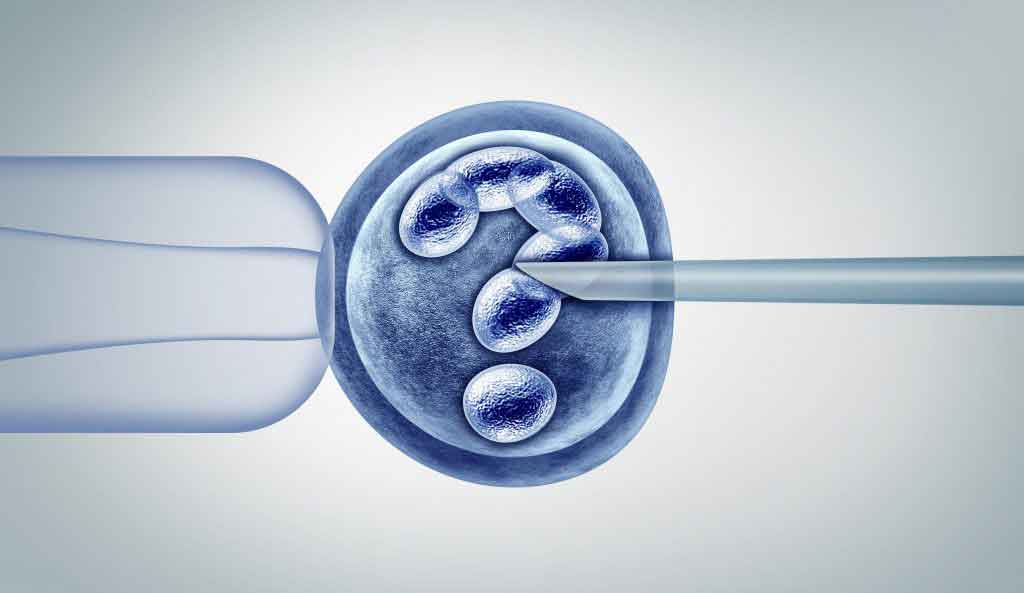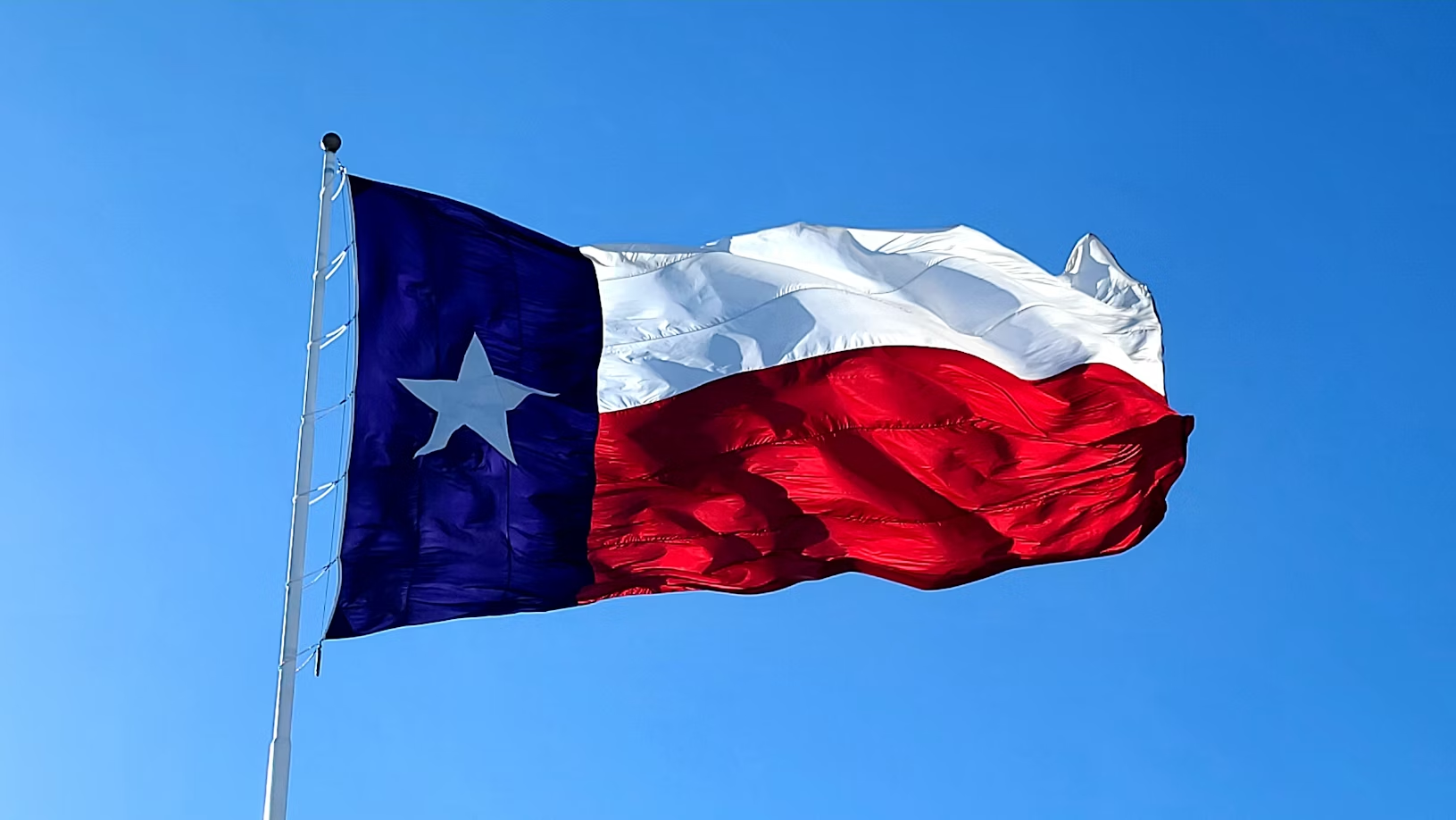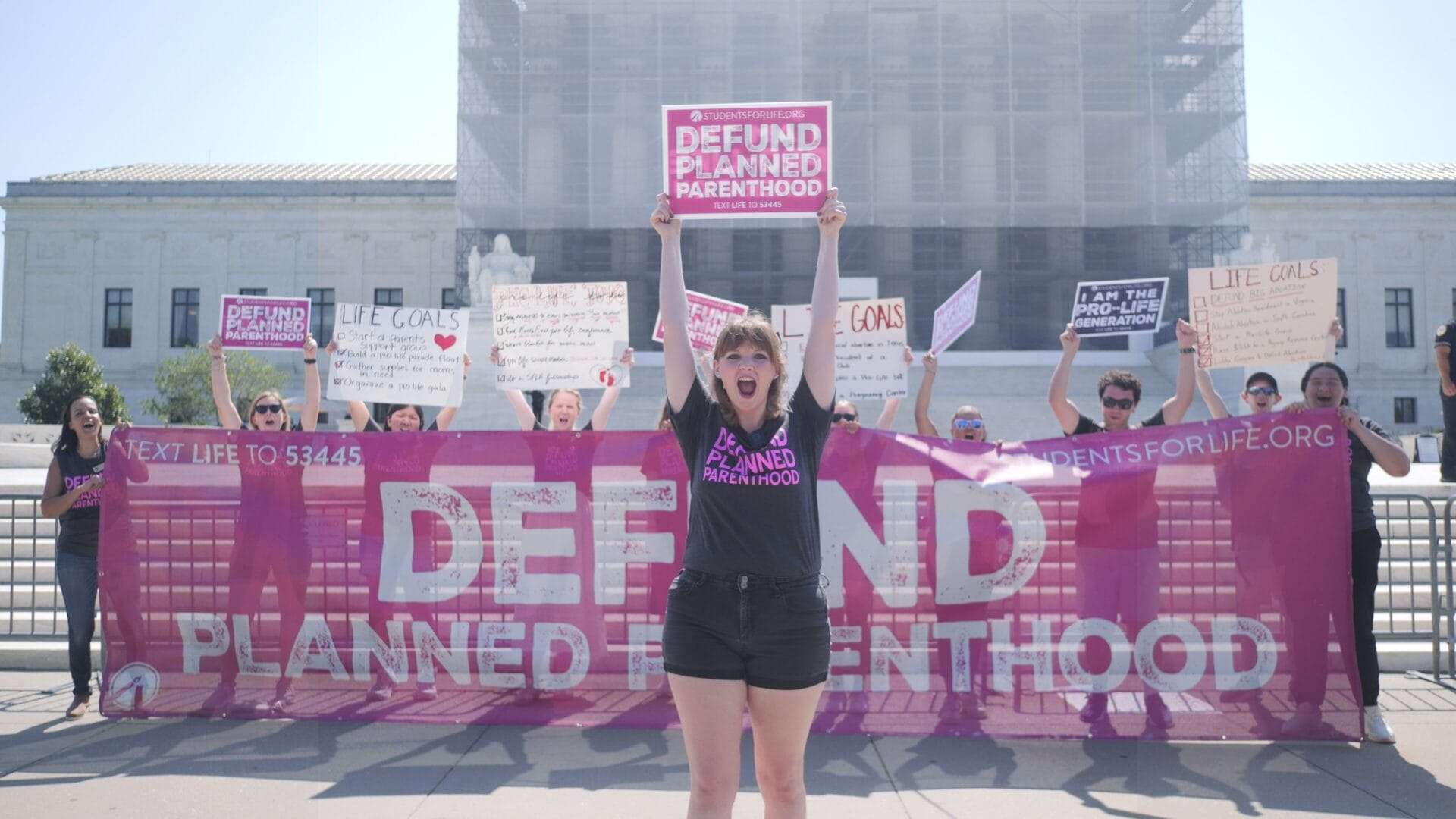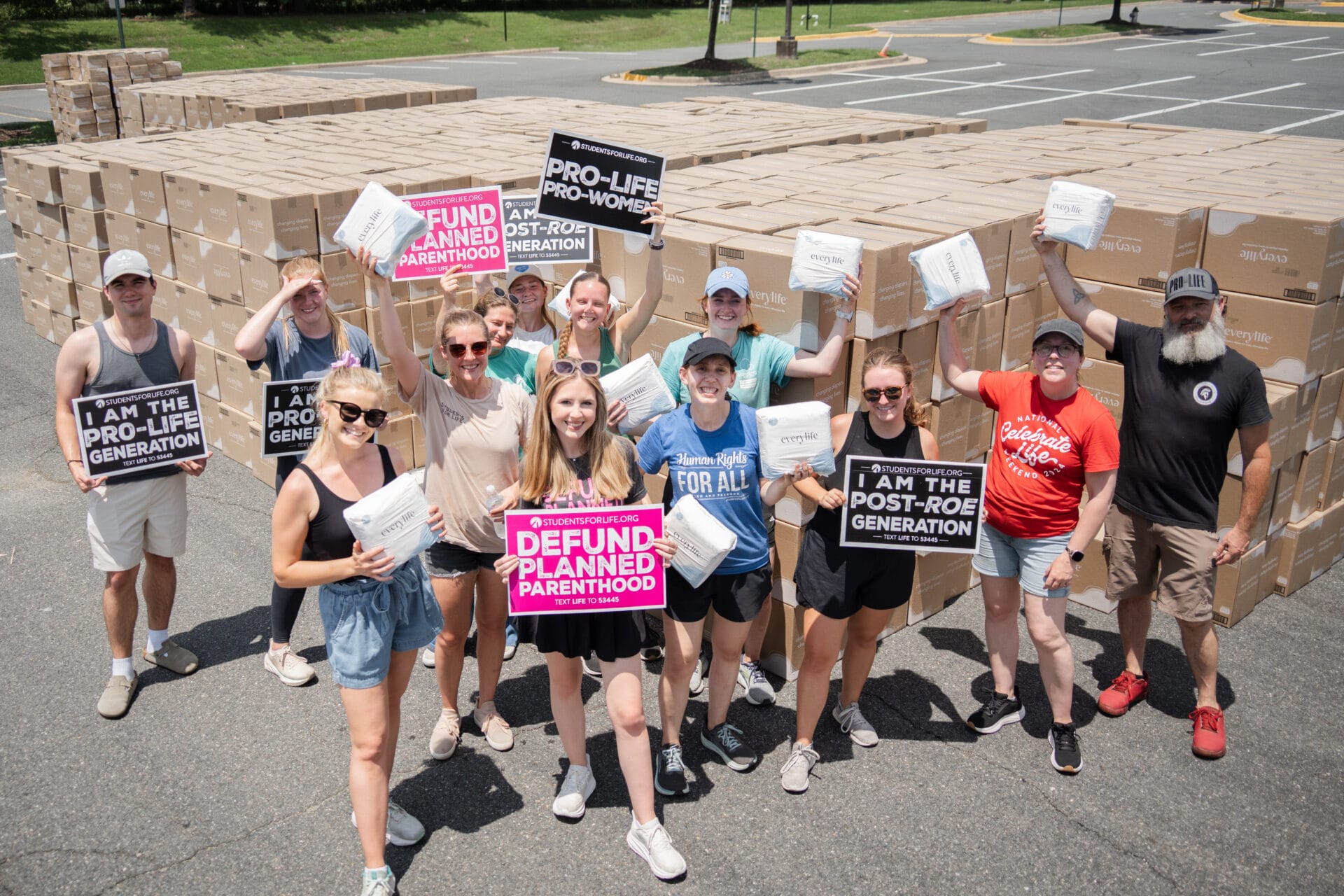
The process of Invitro Fertilization (IVF) has made it possible for many people to have families through events that take place in a lab. Egg and sperm are united, and the preborn who result then hang in limbo, as others will decide if they are allowed to continue growing in a womb. But as I write in a column for FOX, the business practices of IVF leaves too many children in frozen holding patterns because the cost of the process is so high that it’s common to make many more embryo than can possibly be implanted.
The result is disposable people, who are treated like property … virtual slaves to the whims of others. That’s not hyperbole. Consider this shocking headline: Virginia judge uses slavery-era law to argue human embryos can be considered property.

Fairfax County Circuit Court Judge Richard Gardiner was called on to decide whether two frozen embryos could go to the ex-wife of a divorced couple who couldn’t have other children because of cancer.
Fox reports that the judge “found that before the Civil War, (good and chattel laws) also applied to slaves. The judge then researched old rulings that governed custody disputes involving slaves, and said he found parallels that forced him to reconsider whether the law should apply to embryos.”
The media is in an uproar, but ask yourself whether the judge just clarified what has actually happened in IVF … people are created, bought, sold, and bartered by others. Didn’t America put a stop to that?
Also at Fox on concerns with IVF: “But there are other costs – human costs – as for those unchosen, and parents have three options: destroy them, donate them to science for research, or donate them to someone else … That contractual power over human property in the world of IVF is absolute, leading even to “Couples are turning extra IVF embryos into jewelry” through companies like Baby Bee Hummingbirds.”

If that’s not disturbing enough, the health risks to those involved get little attention.
A Heritage Foundation report found that “children born from IVF have higher rates of autism, cancer, and minor birth issues like cleft palate.” In fact, about 6% of babies born through IVF have “birth anomalies” compared to 4% of all other babies, and a baby’s risk of dying near birth is “slightly higher’ along with premature birth, which can have severe implications.
The women undergoing the treatments can also have an increased risk of heart and pregnancy complications. Overstimulating ovaries to produce many eggs and not just one or two in a cycle “can result in blood clots, kidney failure and death.”
Under contract, those problems are endured sometimes by poor young women who provide eggs or take jobs as surrogates in financial arrangements that commodifies their fertility. A woman is born with all the eggs she will ever have, making it an ugly kind of human trafficking as for-profit enterprises advertise for egg “donation.” NBC reports that the “fertility industry” is set to pull in $41 billion by 2026.”

In many cases, IVF has turned precious preborn life into a “product” or thing to be owned, controlled, and allowed to live or die depending on the desires of others. For pro-life Americans, that is heart breaking. Add to that agony the young and poor women whose fertility is also commodified, and you have a business that has lost its way – the ethics left behind as the practice continues, to be hashed out in court.
And consider this, one million of the preborn are in cold storage just like the two embryos in the “slave case.” This dispute is one of many reasons why people are asking for a hard look at a profitable business allowed to engage in a human exchange that absolutely ignores the interests of the preborn who never signed on the dotted line of any contract.
READ NEXT: Pro-Life? Jane Fonda Wants You Dead!
Share this post
Recent Posts

So Long, Stephen Colbert: Abortion ‘Greatest Hits’ Don’t Amount to Comedy—They Equal Cruelty
18 Jul 2025
TEXAS SPECIAL SESSION AIMS TO END CHEMICAL ABORTION
17 Jul 2025
‘Judicial Insurrection’ Taking Place in America as Activist Federal Judge Pauses Defunding Planned Parenthood
17 Jul 2025
